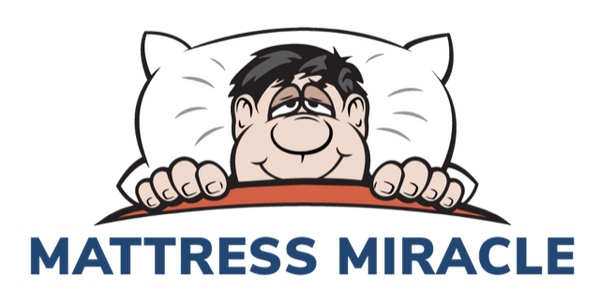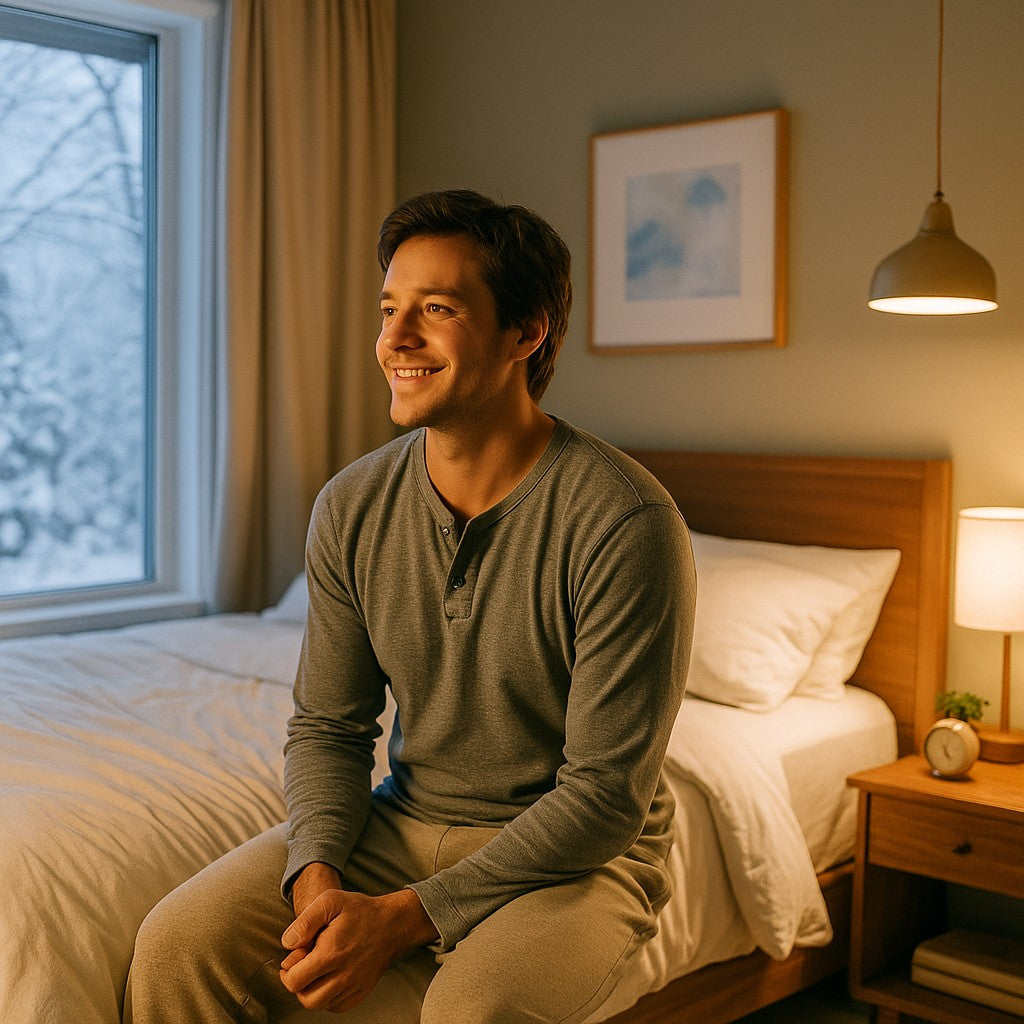📖 6 min read

In This Article:
Sleep and Mental Health: The Connection You Can't Ignore
Sleep and mental health aren't separate concerns. They're deeply interconnected, each affecting the other in ways research is only beginning to understand. People with insomnia are 10 times more likely to have depression and 17 times more likely to have anxiety. This isn't coincidence. It's biology.
The Bidirectional Relationship
Stanford researchers describe the sleep-mood connection as increasingly clear: getting enough sleep impacts mental health, and mental health conditions influence how we sleep. Over half of Americans report disrupted sleep due to depression. Poor sleep worsens their mental health, which further disrupts sleep. It's a loop that's hard to break.
A 2026 study on university students found significant correlations between sleep quality, anxiety, and depression scores. Only about 20% reported both good sleep quality and no significant anxiety or depression. The rest were struggling with at least one, often both.
What Happens When You Don't Sleep
Sleep deprivation affects mood regulation directly. Your brain's emotional centers become more reactive while the prefrontal cortex (which normally moderates emotional responses) becomes less effective. The result: heightened anxiety, increased irritability, and difficulty managing stress.
Sleep disturbances often appear before depression and anxiety symptoms become obvious. They're not just consequences of mental health problems; they're risk factors that can precede and predict them.
Sleep Timing Matters Too
Stanford research involving nearly 75,000 people found that going to bed late correlates with higher risks of depression, anxiety, and other mental health disorders. This held true even for natural night owls. Early sleep timing appears protective for mental health regardless of chronotype.
This doesn't mean forcing yourself to bed earlier will fix everything. But it suggests that fighting your way toward earlier sleep habits may have mental health benefits beyond just feeling more rested.
The Treatment Connection
Here's hopeful news: improving sleep improves mental health. A meta-analysis of 65 trials with over 8,600 participants found that better sleep led to significant improvements in depression, anxiety, and rumination. The relationship was dose-dependent: greater sleep improvements led to greater mental health improvements.
This means addressing sleep problems isn't just about physical rest. It's a legitimate mental health intervention.
Practical Steps
Consistent Sleep Schedule
Same bedtime and wake time, even on weekends. Your circadian rhythm affects mood regulation. Irregular sleep patterns disrupt it.
Limit Evening Stimulation
Screens, stressful conversations, work emails. These activate your brain when it should be winding down. Create a buffer between the day's stress and sleep.
Address the Sleep Environment
A comfortable mattress matters. If you're uncomfortable, you wake more often, sleep less deeply, and miss the restorative stages that help regulate mood. An appropriate mattress is a mental health investment.
Morning Light Exposure
Bright light (ideally sunlight) within an hour of waking helps set your circadian rhythm. This affects not just sleep timing but mood throughout the day.
Avoid Alcohol as a Sleep Aid
Alcohol may help you fall asleep but disrupts sleep architecture and worsens sleep quality. This is particularly problematic for people already dealing with depression or anxiety.
When to Get Help
If sleep problems persist despite good sleep hygiene, or if you're experiencing significant depression or anxiety, professional help matters. Sleep disorders like sleep apnea require medical treatment. Mental health conditions may need therapy, medication, or both. Sleep and mood problems can be addressed simultaneously, often with better outcomes than treating either alone.
The Mattress Factor
We're not claiming a mattress cures depression. But poor sleep from an uncomfortable mattress contributes to a cycle that makes everything worse. Breaking that cycle sometimes starts with practical changes to the sleep environment.
If you're sleeping poorly on an uncomfortable mattress and dealing with mood challenges, upgrading your sleep surface is a concrete step you can take. Come to 441½ West Street in Brantford. Let us help you find something that actually supports the rest your mind needs.
Mattress Miracle: supporting Brantford's wellbeing since 1987.

